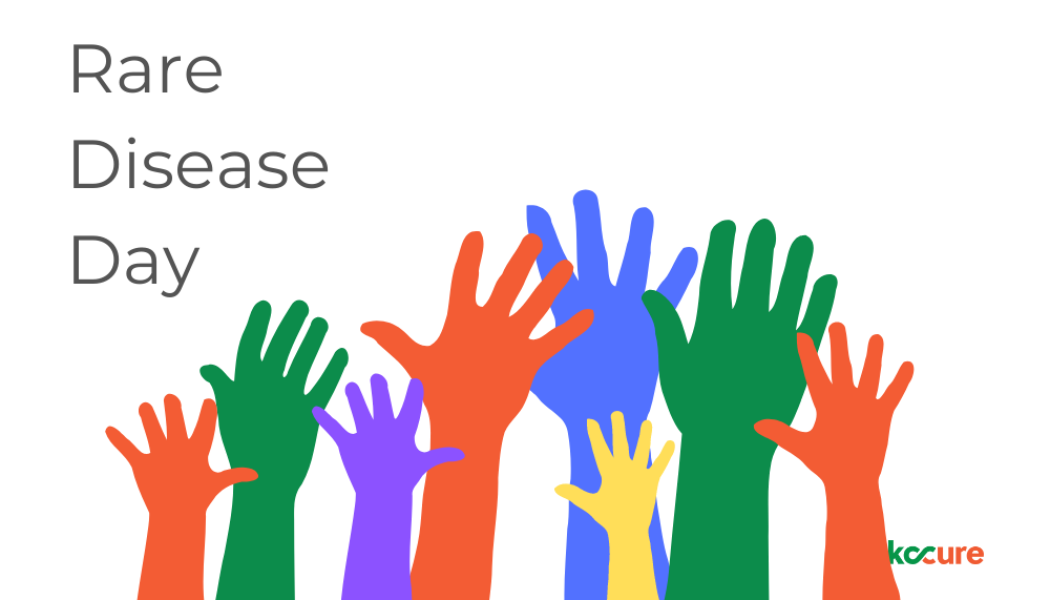In the United States, a rare disease is defined as a disease that impacts fewer than 200,000 people. In the European Union, it is defined as a disease that effects 1 in 2,000.
Kidney cancer patients know they have a rare disease because they hear this:
“We hardly ever see this subtype of kidney cancer…”
“There are treatments we can try, but we don’t know if they will work for you.”
Most patients diagnosed with kidney cancer will have clear cell renal cell carcinoma. But around 30 percent of patients will be diagnosed with a subtype other than clear cell, such as papillary RCC, chromophobe RCC, translocation RCC or unclassified RCC (a mix of multiple subtypes). The list of newly identified subtypes continues to expand as science evolves.
Patients with rare subtypes have higher anxiety levels than patients with clear cell RCC. When their disease spreads outside of the kidney, they also have worse survival outcomes than patients with clear cell RCC.
For too long, patients with rare kidney cancers have been left out of research and left out of advocacy. KCCure serves as a platform that brings rare kidney cancer patients together and empowers them to advance research.
KCCure patient communities include groups for patients with Papillary RCC, Chromophobe RCC, Translocation RCC, Unclassified RCC and Upper-tract Urothelial Carcinoma. These communities give rare kidney cancer patients the opportunity to connect with each other, provide emotional support, share valuable information, and unite together to advocate change.
KCCure patient directed grants give rare kidney cancer patients a peer reviewed process to direct funding toward research for their subtype. Last year, the first ever Chromophobe Research Grant was launched – a new funding mechanism that will incentivize researchers to investigate this rare and understudied subtype of kidney cancer. One researcher heralded the announcement as a “gamechanger for chromophobe.”
We know that the success of the chromophobe team is just the beginning and that more “game changing” grants are on their way. As our communities continue to grow and become empowered, more patient led teams will come together to fund even more research.
Because research is the best way to ensure that when patients hear this:
“We hardly ever see this subtype of kidney cancer…”
It’s followed by this:
“ …but we know how to cure it.”









